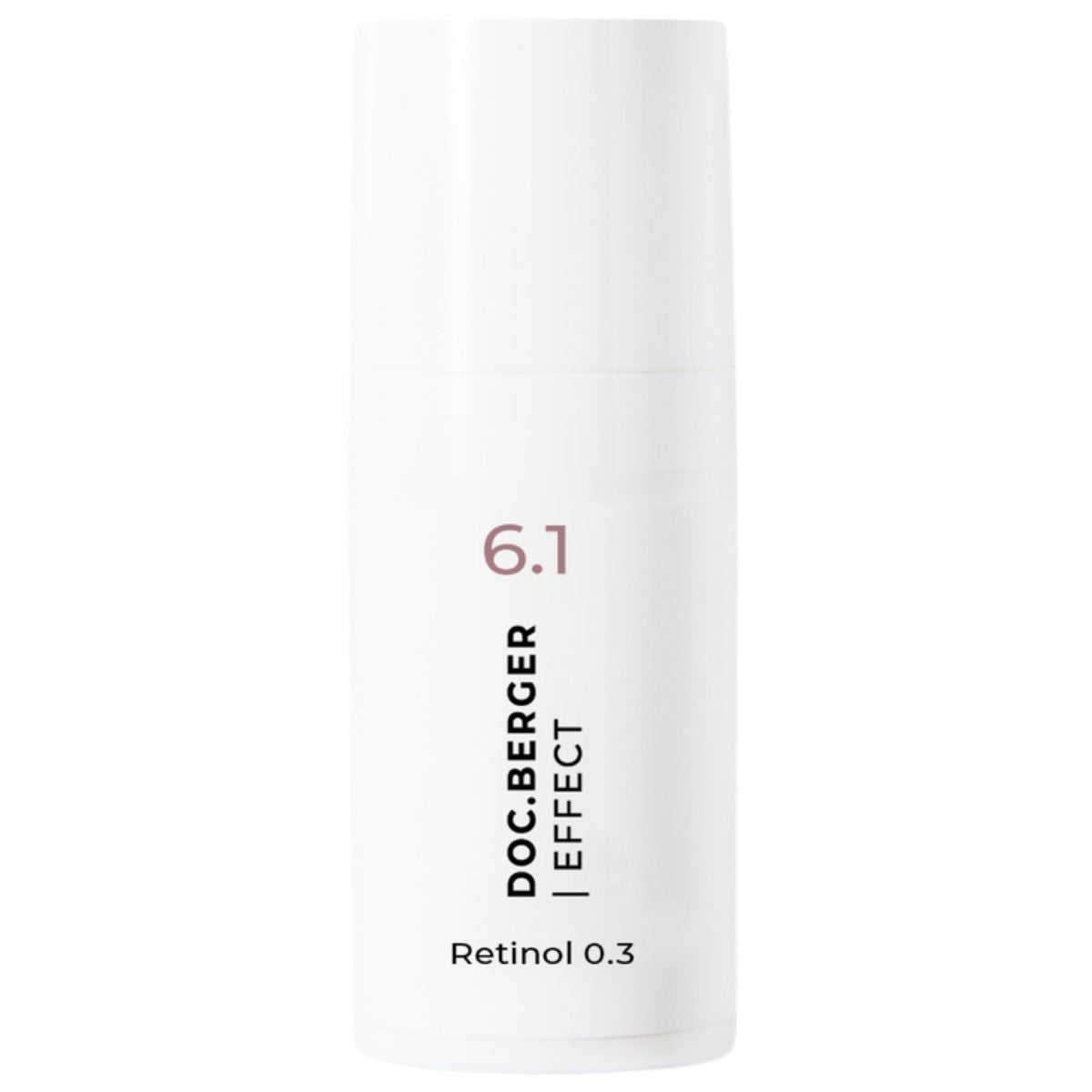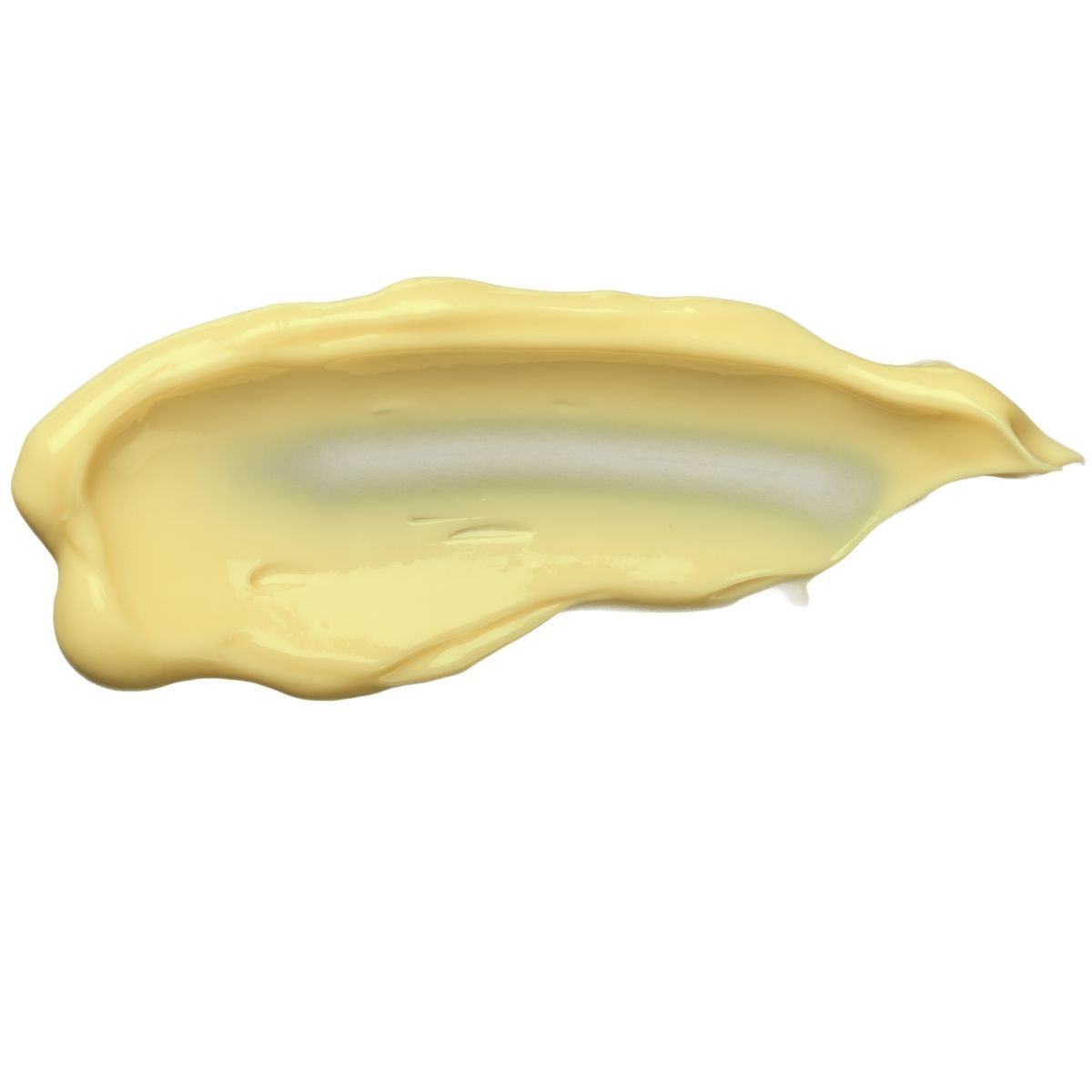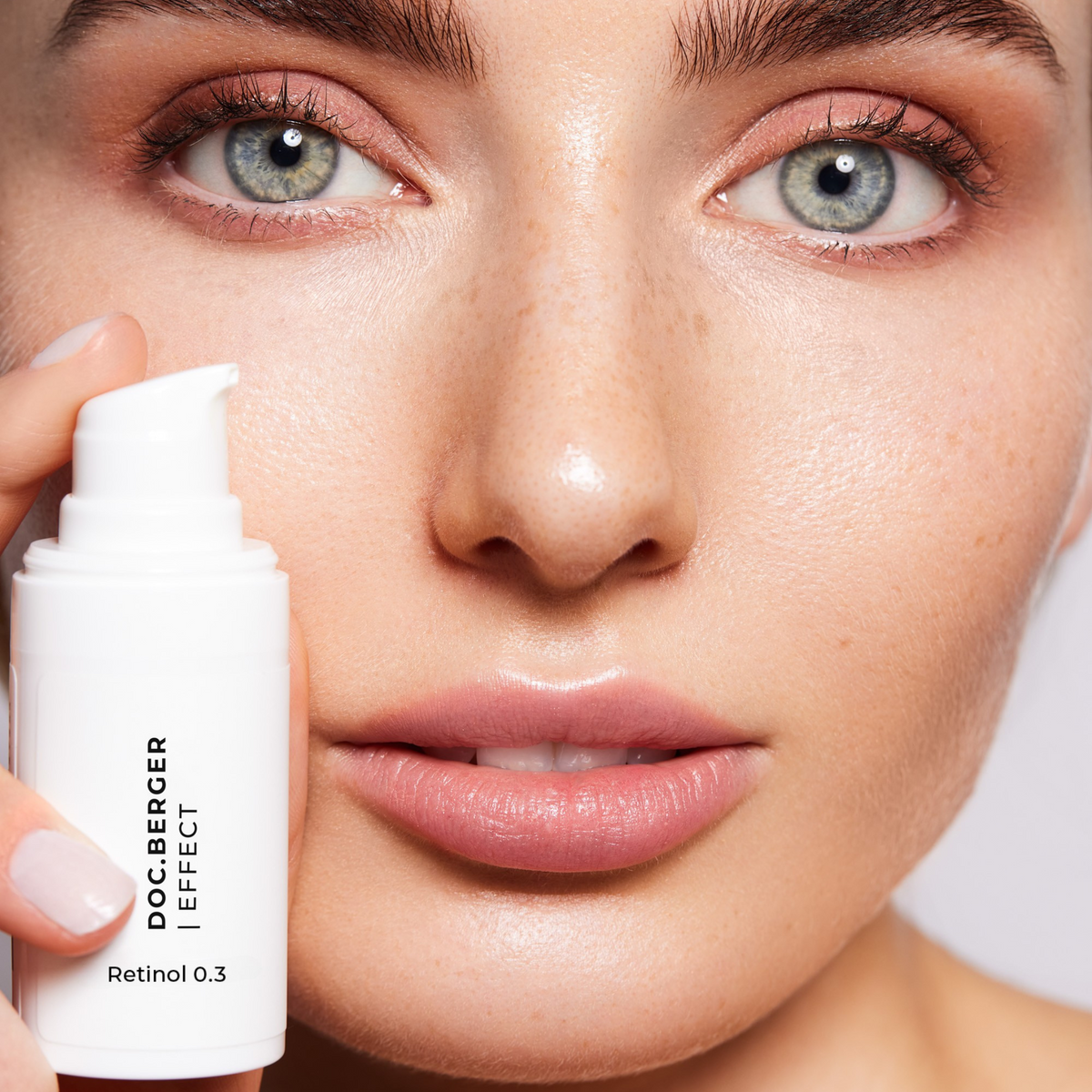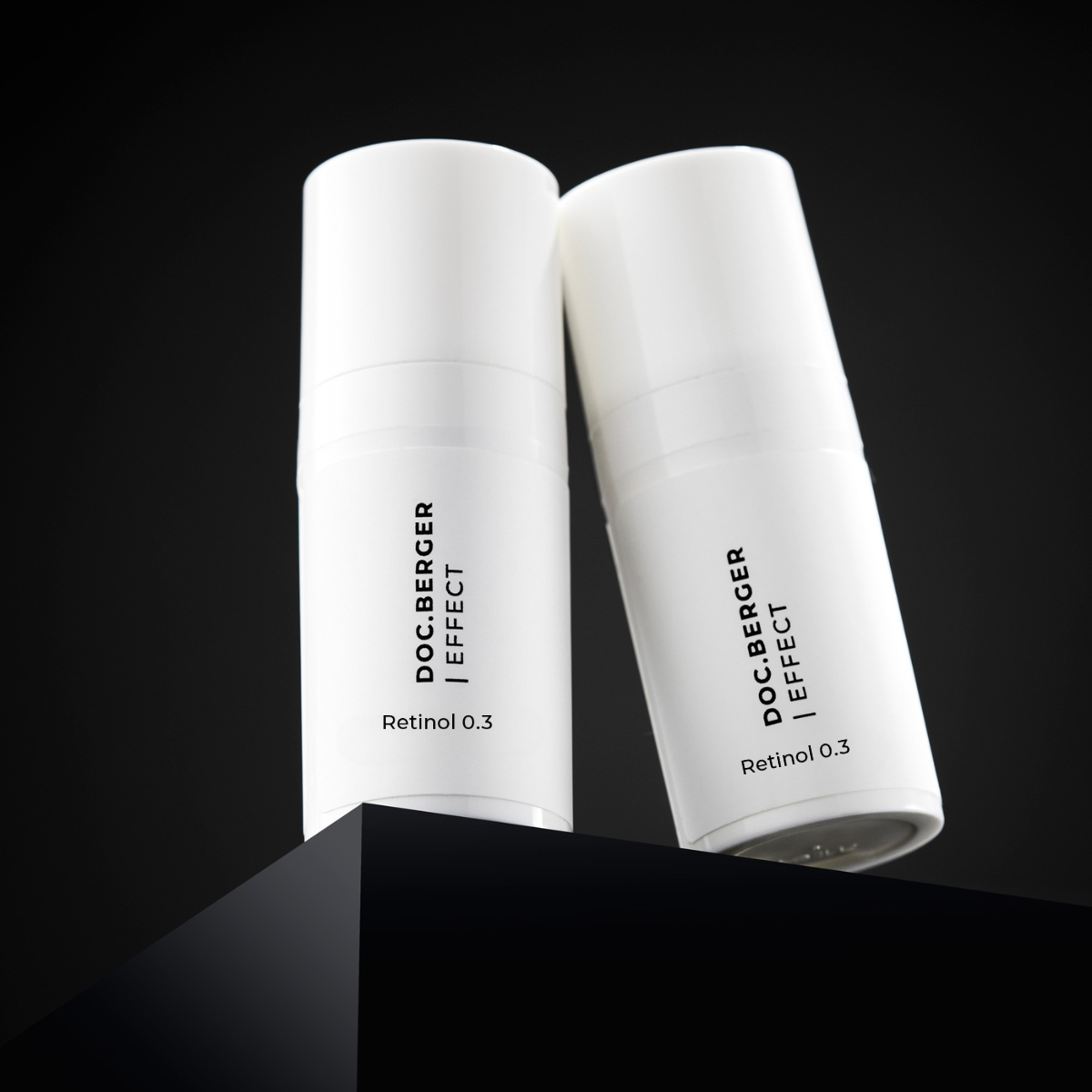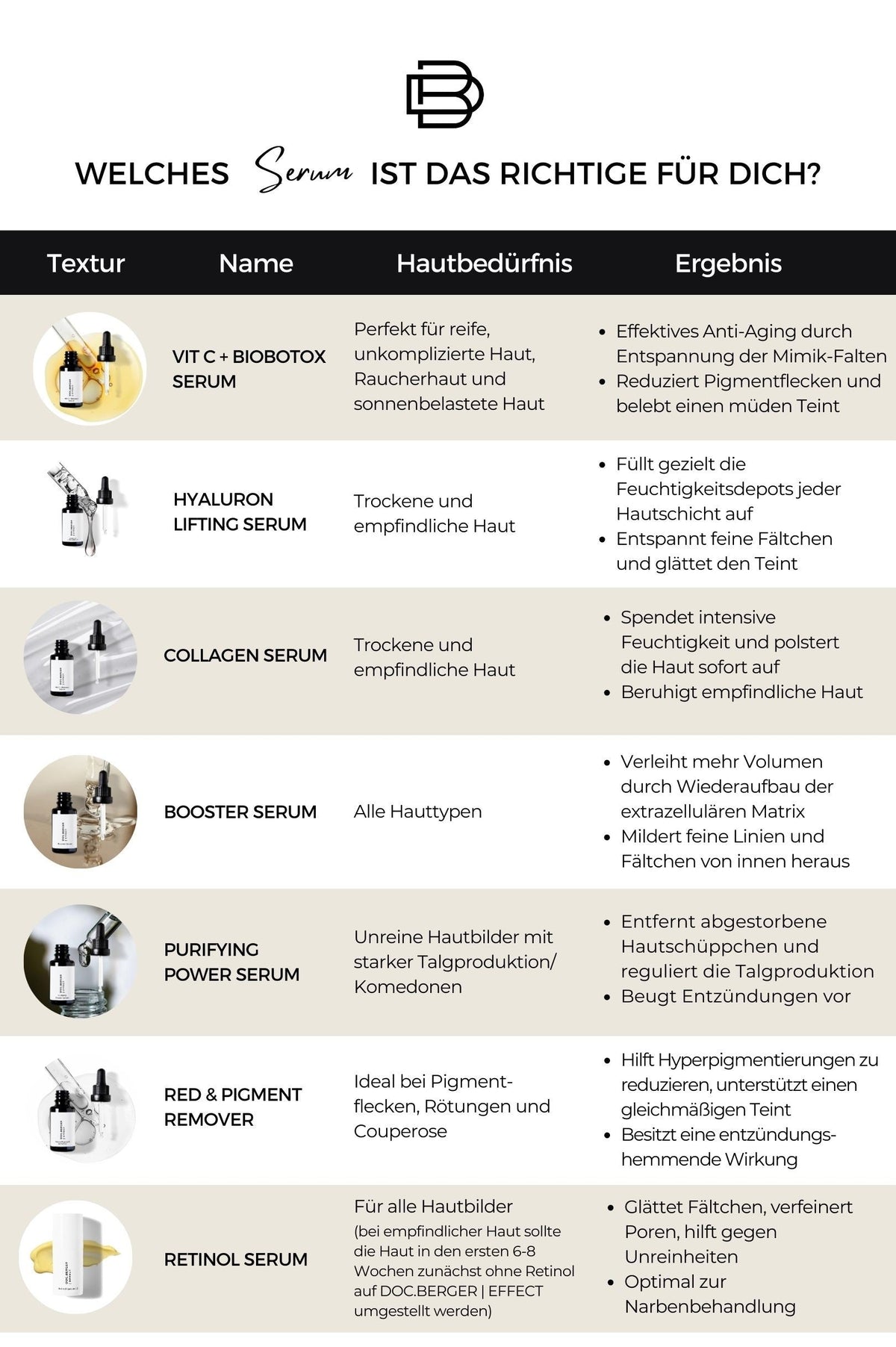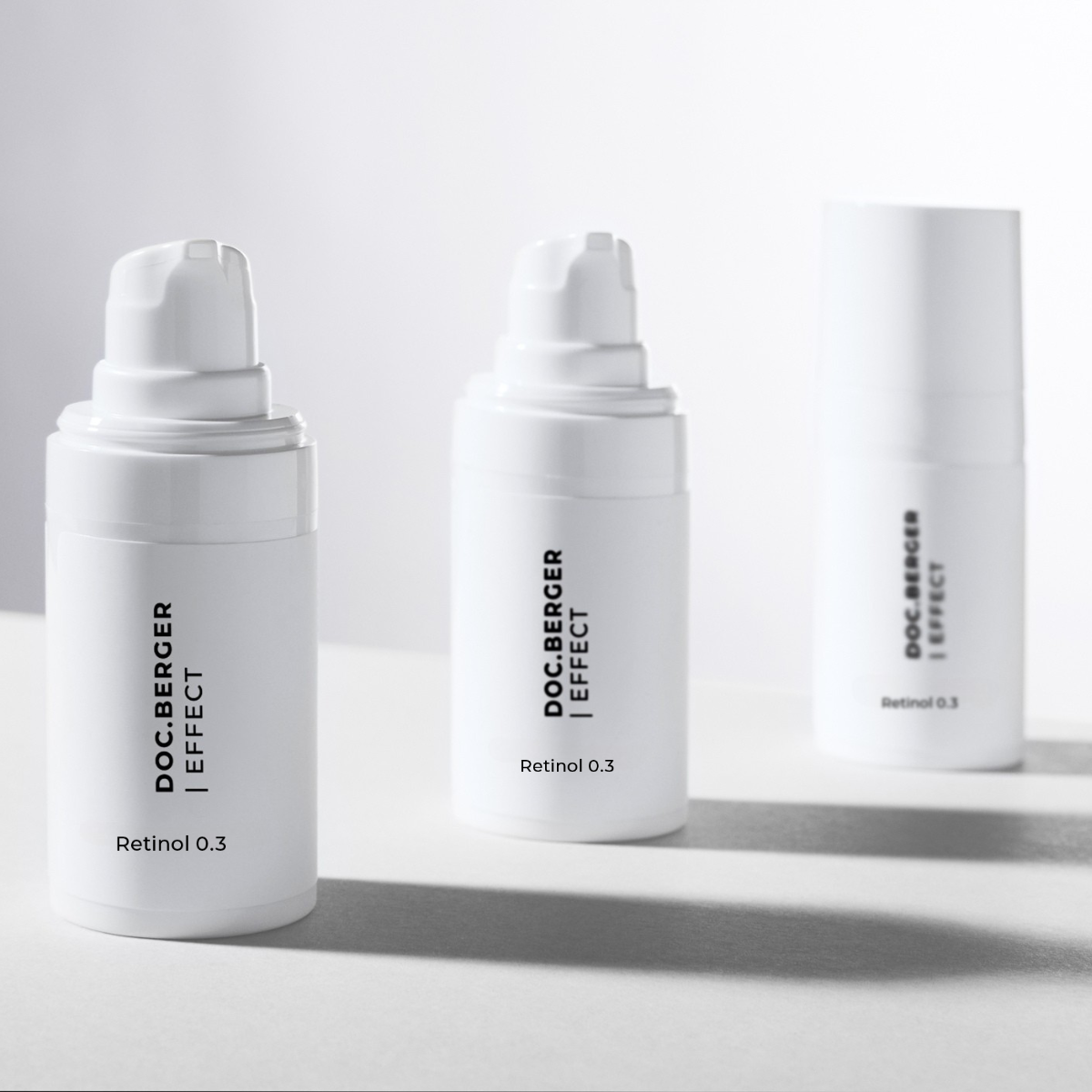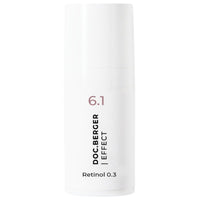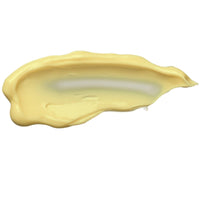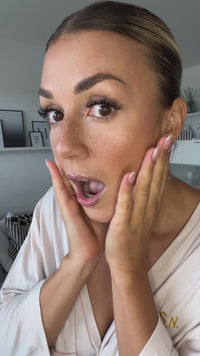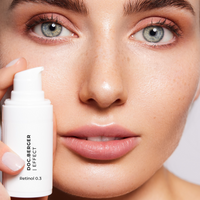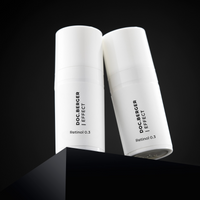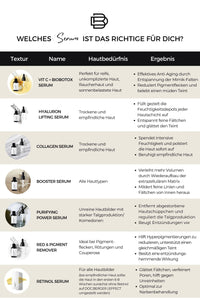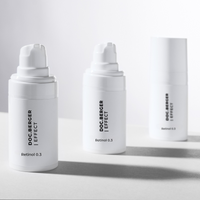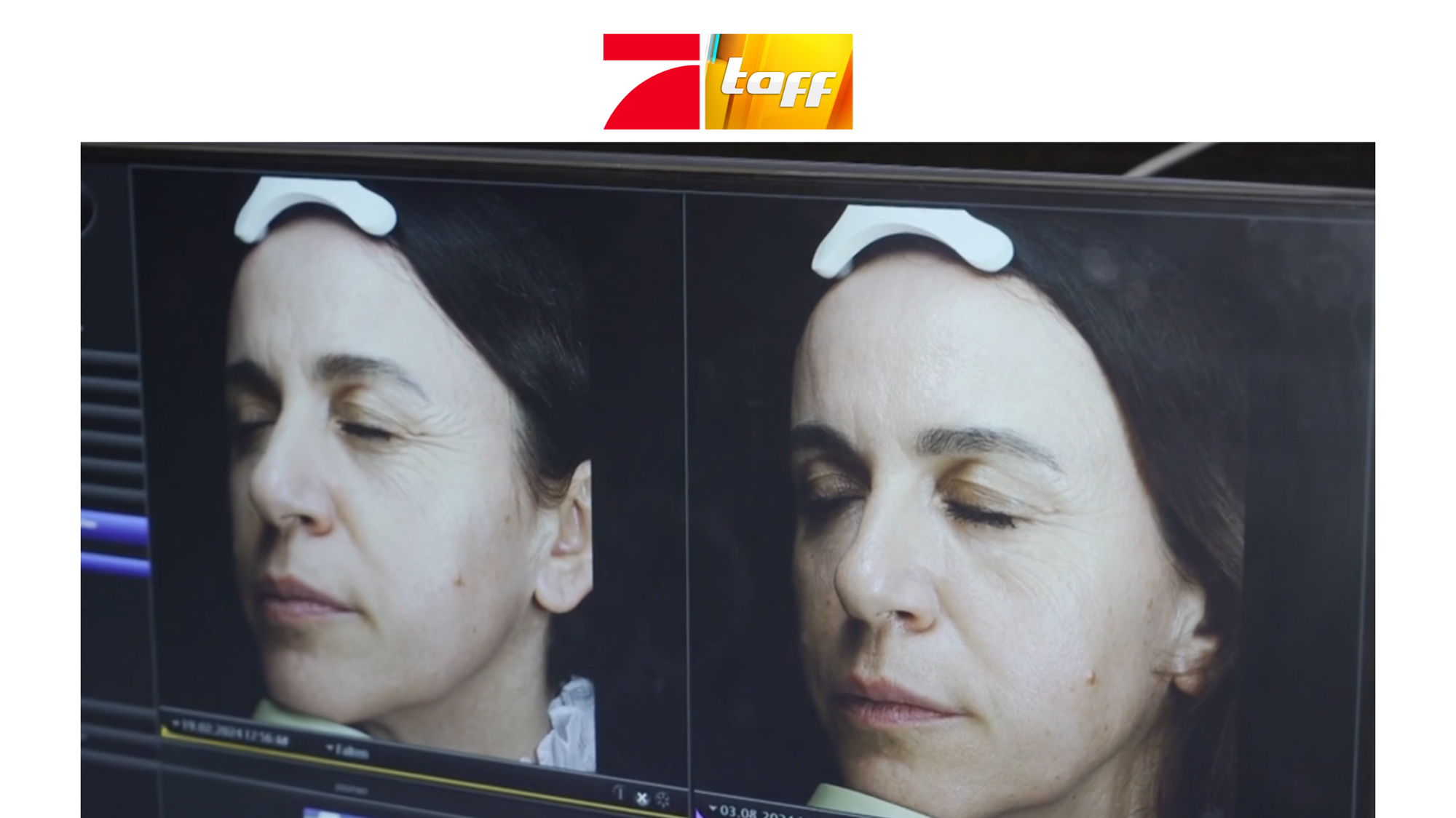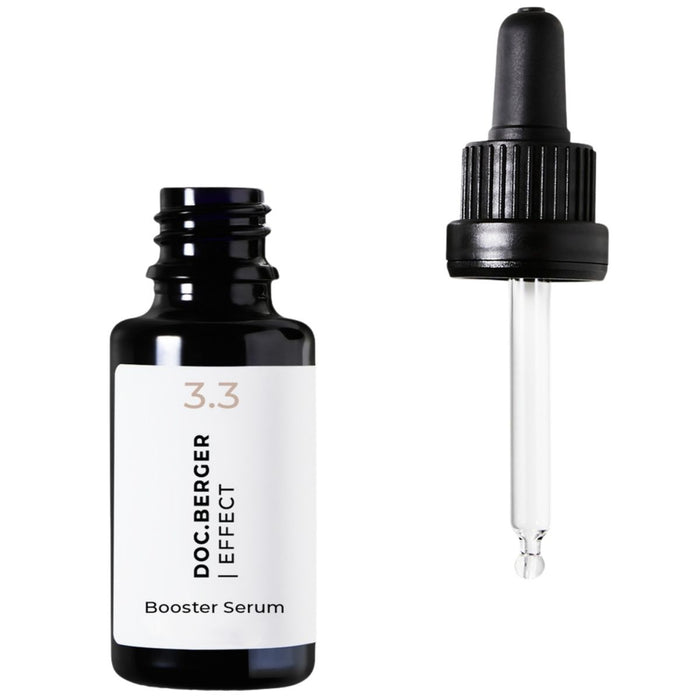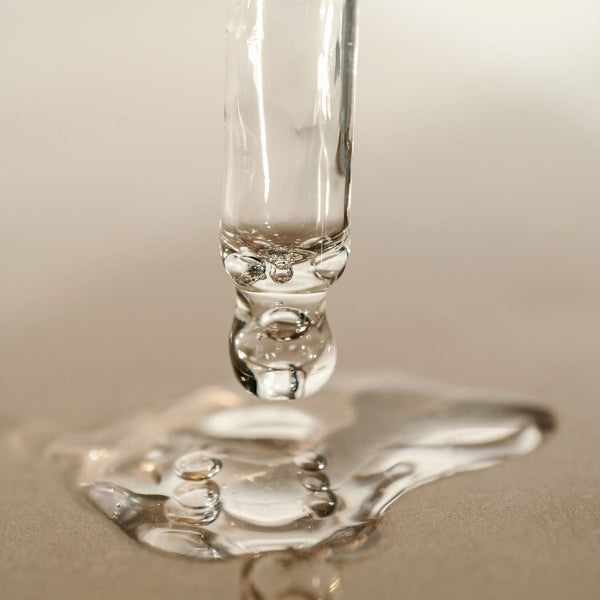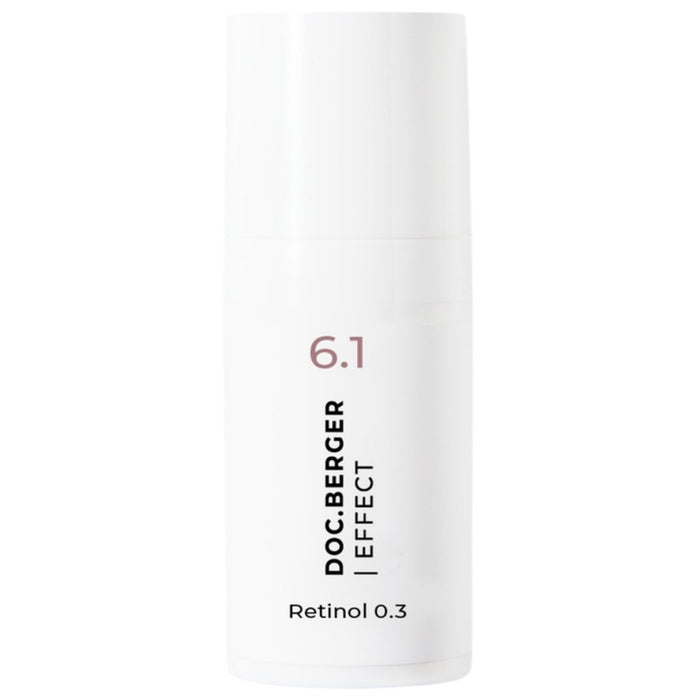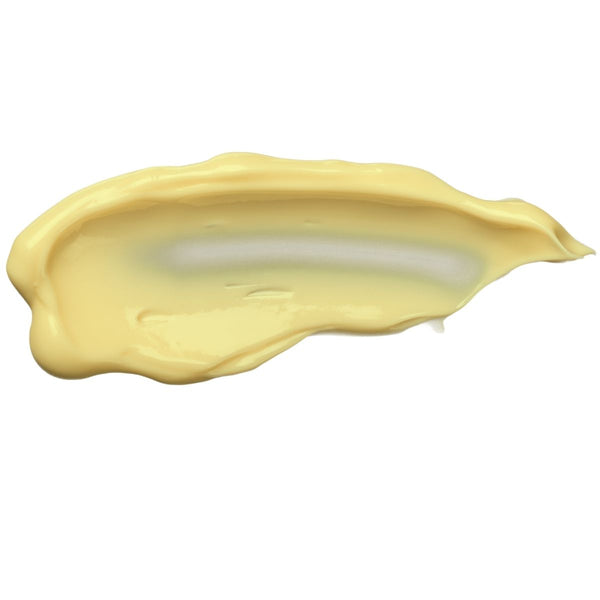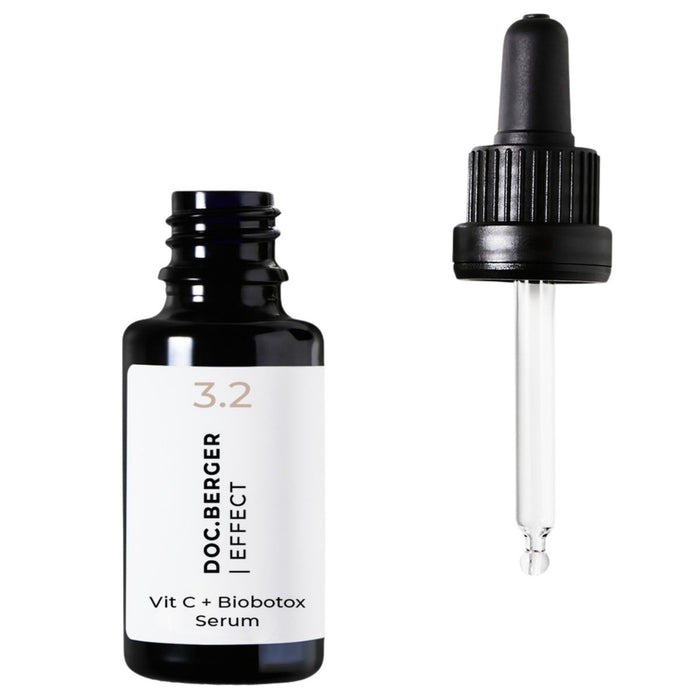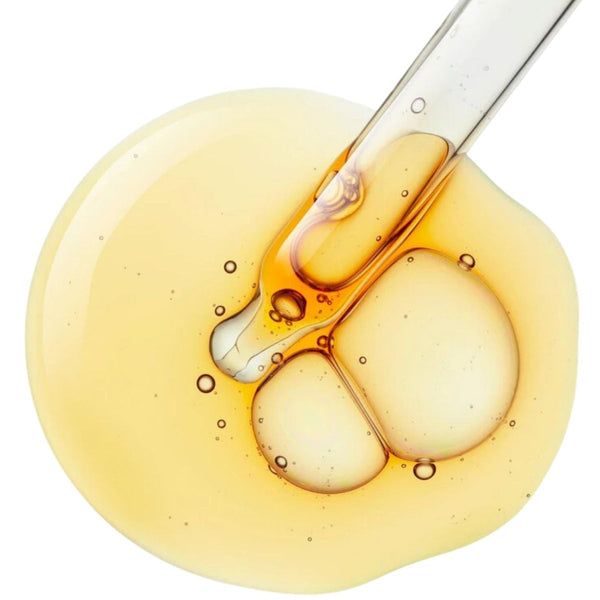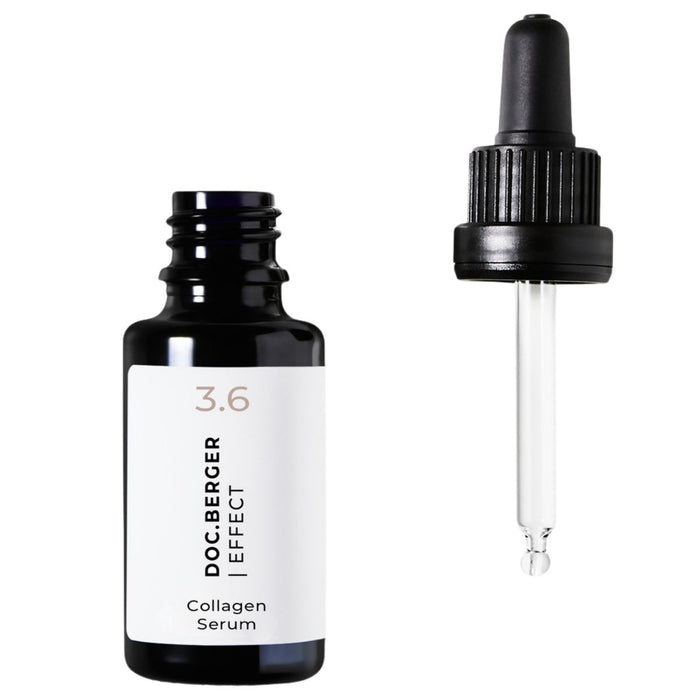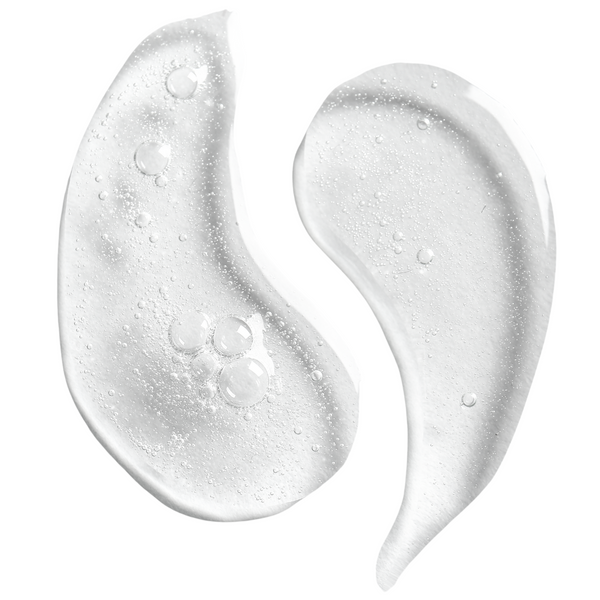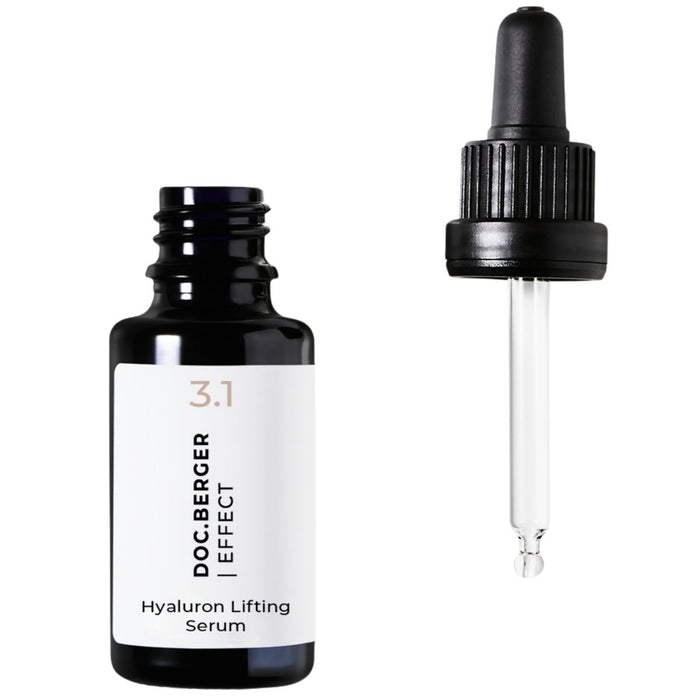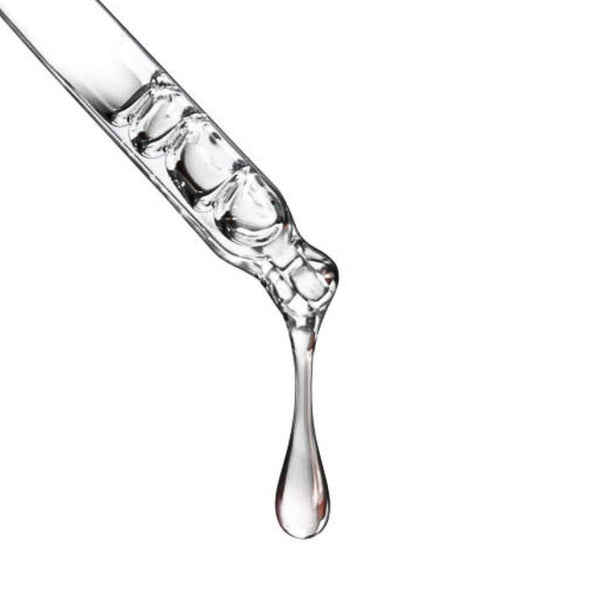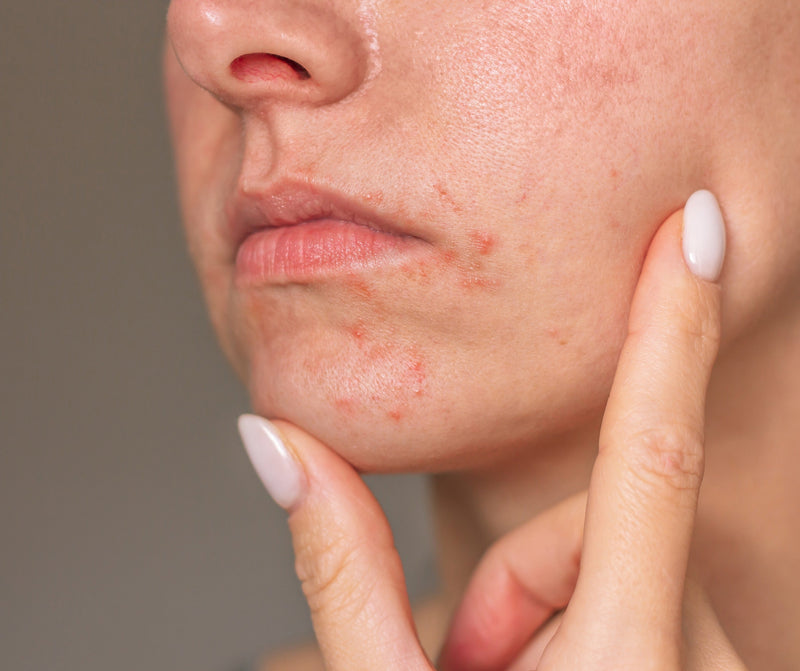Typical Initial Reactions When Starting Retinol
During the adjustment phase, mild irritation can occur — usually harmless and temporary:
• Tightness or dryness
• Fine flaking
• Mild redness or sensitivity
• Temporarily increased need for hydration
• More blemishes surfacing from deeper layers
Tip: If your skin feels tight during this time, soothing ingredients such as panthenol, squalane, hyaluronic acid or ceramides help strengthen the barrier and make the retinol introduction phase noticeably more comfortable.
How Retinol Actually Works on the Skin
Retinol — also known as vitamin A — is one of the most thoroughly researched ingredients in modern skincare. Its effects go far beyond the surface: retinol activates cell activity in deeper layers of the skin, stimulates collagen production and supports the skin’s natural renewal processes.
Unlike many short-acting cosmetic ingredients, retinol produces long-lasting improvements in skin structure. It refines the complexion, improves firmness and smooths uneven texture. It works on multiple levels simultaneously:
• Stimulation of collagen production: activates fibroblasts in the dermis to produce new collagen and elastin — increasing density and elasticity.
• Boosting cell turnover: old keratinised cells are shed more quickly, revealing smoother, more even skin.
• Regulation of sebum production: helps reduce blemishes and enlarged pores.
• Brightening pigmentation: accelerated cell renewal replaces unevenly pigmented cells more quickly; retinol helps even out the skin tone.
• Improving scar healing: supports the regeneration of damaged tissue and can visibly smooth the appearance of old acne or injury scars.
• Antioxidant protection: counteracts free radicals responsible for premature skin ageing.
Did you know?
Retinol is one of the few cosmetic ingredients with scientifically proven anti-ageing benefits. Studies show that regular use over several months measurably increases skin density and boosts collagen levels. In an independent TV test on taff and SAT.1 Frühstücksfernsehen, the DOC BERGER EFFECT Retinol Serum demonstrated its wrinkle-reducing effects impressively — clearly outperforming conventional drugstore products.




